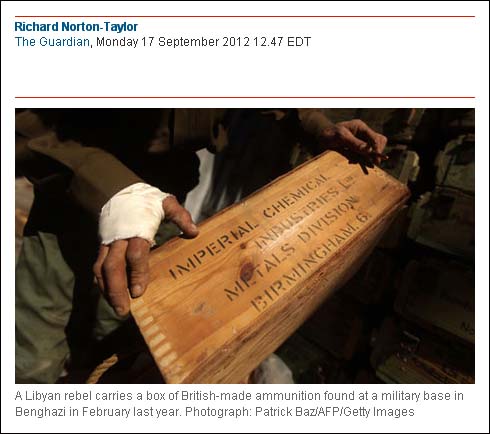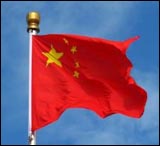 The United Kingdom’s Department for Business Innovation and Skills (UK-BIS) recently released a notice to exporters with regard to exports of propofol from the U.K. to the United States. Propofol is probably best known these days as the sedative that cancelled Michael Jackson’s final tour. But the export ban is not the result of any special solicitude for The Gloved One or other substance-abusing American pop stars. (After Amy Winehouse, I think that Great Britain would be in no position to get on its high horse about chemically dependent pop stars in other countries.)
The United Kingdom’s Department for Business Innovation and Skills (UK-BIS) recently released a notice to exporters with regard to exports of propofol from the U.K. to the United States. Propofol is probably best known these days as the sedative that cancelled Michael Jackson’s final tour. But the export ban is not the result of any special solicitude for The Gloved One or other substance-abusing American pop stars. (After Amy Winehouse, I think that Great Britain would be in no position to get on its high horse about chemically dependent pop stars in other countries.)
What caused the U.K. to overlook its special relationship with the United States and instead treat us as a naughty child unworthy of one of its pharmaceutical exports were news reports that the state of Missouri planned to use propofol as part of its lethal injection cocktail when executing prisoners. There are no indications that that this action by the United Kingdom has caused the State of Missouri to reconsider its position on capital punishment. Propofol is available generically and is produced worldwide.
My favorite part of the notice is this:
This control reflects the Government’s opposition to the use of the death penalty in all circumstances. Following consultation with applicable industry and other bodies, we assessed that the trade between the UK and the USA in propofol appears to be negligible, and therefore we expect the impact on UK businesses to be low.
These moral reservations, of course, came to late to save Admiral Bing whom the British unceremoniously shot, as Voltaire said, “pour encourager les autres.” Â Best of all, these moral reservations come at no cost to British industry because, apparently, propofol isn’t actually being exported in any measurable amounts from the U.K. to the U.S. Millionaires are also similarly admirable when they state their profound opposition to stealing pennies from toddlers.

 Posted by
Posted by  Category:
Category: 

 United Against Nuclear Iran (“UANI”) is at it again, and the latest windmill in its quixotic quest at ending all international commerce with Iran is the Internet Corporation for Assigned Names and Numbers (“ICANN”) because, apparently, Iran is still connected to the Internet and it is, apparently, somehow ICANN’s fault. In a ridiculousÂ
United Against Nuclear Iran (“UANI”) is at it again, and the latest windmill in its quixotic quest at ending all international commerce with Iran is the Internet Corporation for Assigned Names and Numbers (“ICANN”) because, apparently, Iran is still connected to the Internet and it is, apparently, somehow ICANN’s fault. In a ridiculous 
 Last Thursday the House Intelligence Committee
Last Thursday the House Intelligence Committee  Back in September 2011 this blog
Back in September 2011 this blog 

